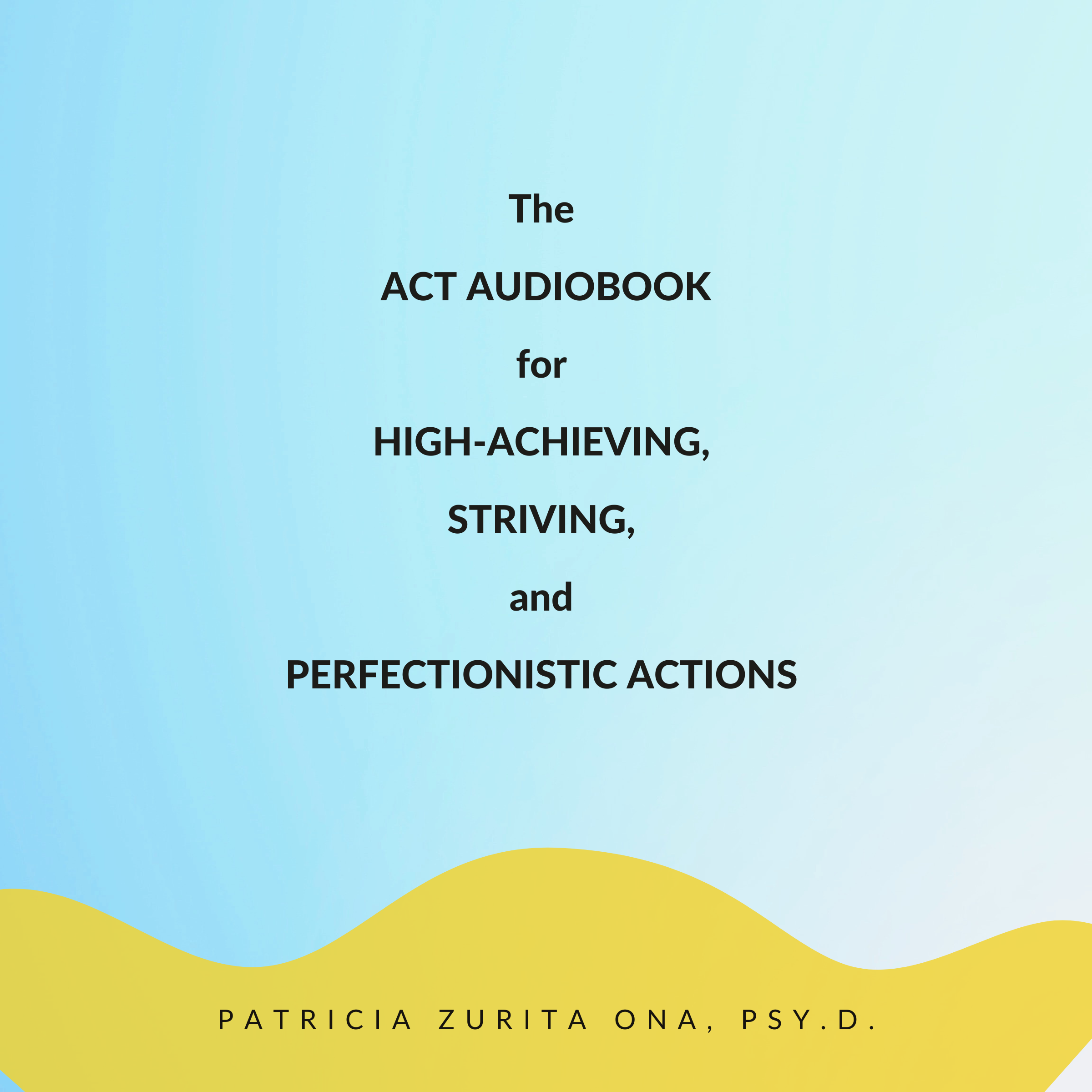“How we spend our time is how we spend our days. How we spend our days is how our life goes. How our life goes determines whether we thought it was worth living.”
– Keith Yamashita
When you wake up, your mind starts its own journey. It’s like you’re getting into a car and your mind is the driver. Sometimes it takes you exactly to your destination. Sometimes it drives really fast. Sometimes, you can’t just get out of being lost in the streets of big houses, condominiums, and golf courses in the middle of the city. Sometimes, your mind takes you to the end of a cul-de-sac where you feel all those ruminations, worries, doubts, anticipations and many other acrobatic thinking patterns that occupy your time.
- Thinking about doing things right and perfectly
- Thinking about all the good reasons to postpone and delay stuff
- Thinking about how much certainty you need to move forward
- Thinking about the worst-case scenarios
- Thinking about past negative outcomes or past mistakes
- Thinking about not being good enough in some way
- Thinking about the different ways to get out of a stressful situation
- Thinking about how you’re the only responsible person for others’ wellbeing
- Thinking about how thinking is fundamentally important
Overthinking patterns have this automatic quality, rushing you into feelings of stress, anxiety, loss, or dread. You may get so attached to them that they seem real and push you to do things that create much more pain, such as ejecting you from your present.
Dealing with overthinking partners is like every moment you’re confronted by a “haystack-sized pile of needles.” Each one of those patterns pushes for your attention, makes you feel in a particular way, and claims to be legitimate. They are all interesting thoughts to have; for example, did I marry the right person? Can’t stop thinking about what happened before, I need to make sense of it; what if I don’t make the right decision?
But the consequence of all of them is that they take you away from what’s happening in front of you, who is in front of you, and what the experience of that moment is for you.
Table of Contents
Bring yourself back to the present
- Acknowledge the cue to overthink
Remember an important principle: The first thought on your mind, whatever you do afterward is on you.
Do your best to notice that cue for overthinking (e.g. did I.. I need.. what-if…).
Don’t fight it; don’t resist it; don’t respond to it. Just say to yourself “here it is.. “ and then … - Connect with your body
Notice your body posture; notice the positions of your legs; notice your back posture; notice the ebb and flow of your breathing; you can also move your arms a bit to notice their movement. - Connect with what’s in front of you
Notice your surroundings: what’s around you. What do you hear? What do you see? What do you smell?
Notice who is in front of you: is there someone in front, next to, or behind you? How do they look? What colors are they wearing? What pieces of clothing do you see? How are they talking to you? Are they speaking fast or slow? Can you see the movement of their lips?
Final quote
I leave you with this last quote:
“How we spend our day is, of course, how we spend our lives.
– Annie Dillard









